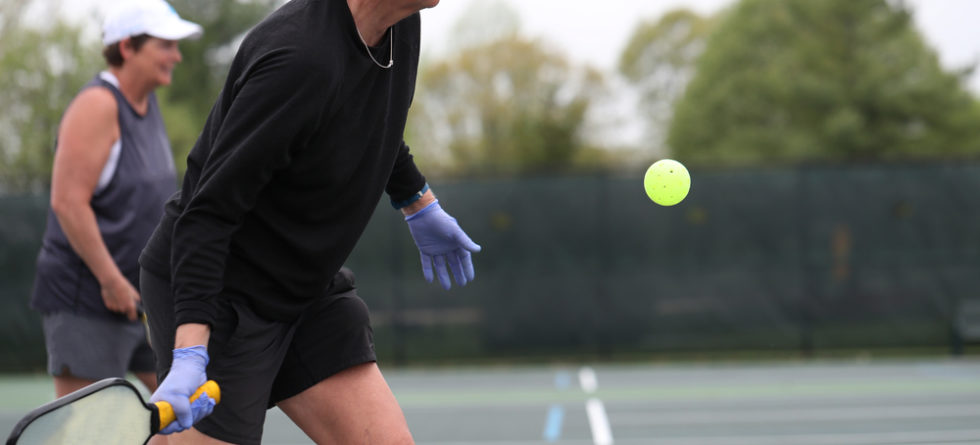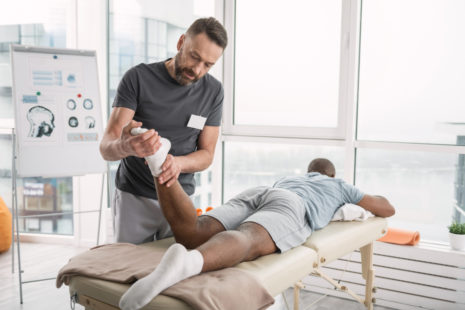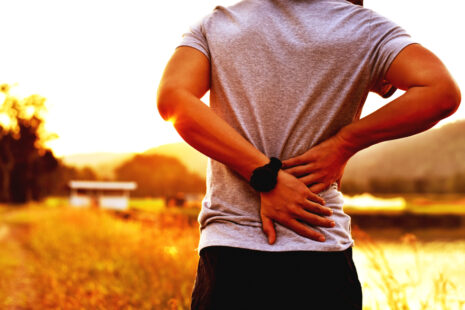Experiencing hip pain after playing pickleball can be due to various factors related to the sport or your body mechanics during play.
Here are some common reasons why your hips may hurt after playing pickleball…
- Overuse or Repetitive Movements: Pickleball involves repeated lateral movements, quick changes in direction, and frequent pivoting. These repetitive motions can stress the hip joints and surrounding muscles, leading to discomfort or pain.
- Muscle Fatigue or Weakness: If your hip muscles are not adequately conditioned or become fatigued during play, they may not provide adequate support to the hip joint, leading to pain or strain.
- Incorrect Biomechanics: Poor body mechanics, such as improper footwork or incorrect posture while hitting the ball, can put additional stress on the hips and contribute to pain.
- Hip Flexor Strain: The hip flexor muscles, responsible for lifting your leg forward, can become strained due to the quick and repetitive movements in pickleball.
- Hip Bursitis: Bursitis is the inflammation of the fluid-filled sacs (bursae) that cushion the hip joint. Overuse or repetitive motions in pickleball can irritate these bursae, leading to hip pain.
- Previous Injuries or Conditions: Playing pickleball may exacerbate the discomfort if you have pre-existing hip conditions or injuries.
To help alleviate hip pain and reduce the risk of future discomfort, consider the following tips:
- Warm-up: Before playing, perform a dynamic warm-up with hip-specific exercises to prepare the muscles for activity.
- Proper Footwear: Wear supportive and well-fitted athletic shoes that provide adequate cushioning for your hips.
- Strengthening Exercises: Engage in hip-strengthening exercises to improve stability and support around the hip joint.
- Stretching: After playing, perform gentle hip stretches to improve flexibility and reduce muscle tension.
- Rest and Recovery: Allow sufficient rest and recovery between pickleball sessions to prevent overuse injuries.
- Listen to Your Body: If you experience hip pain during or after play, take a break, and consult with a healthcare professional or a physical therapist if needed.
Address any persistent or worsening hip pain to prevent further complications. If the pain persists or becomes severe, seeking medical evaluation from a healthcare professional can help identify the underlying cause and develop a personalized treatment plan.



